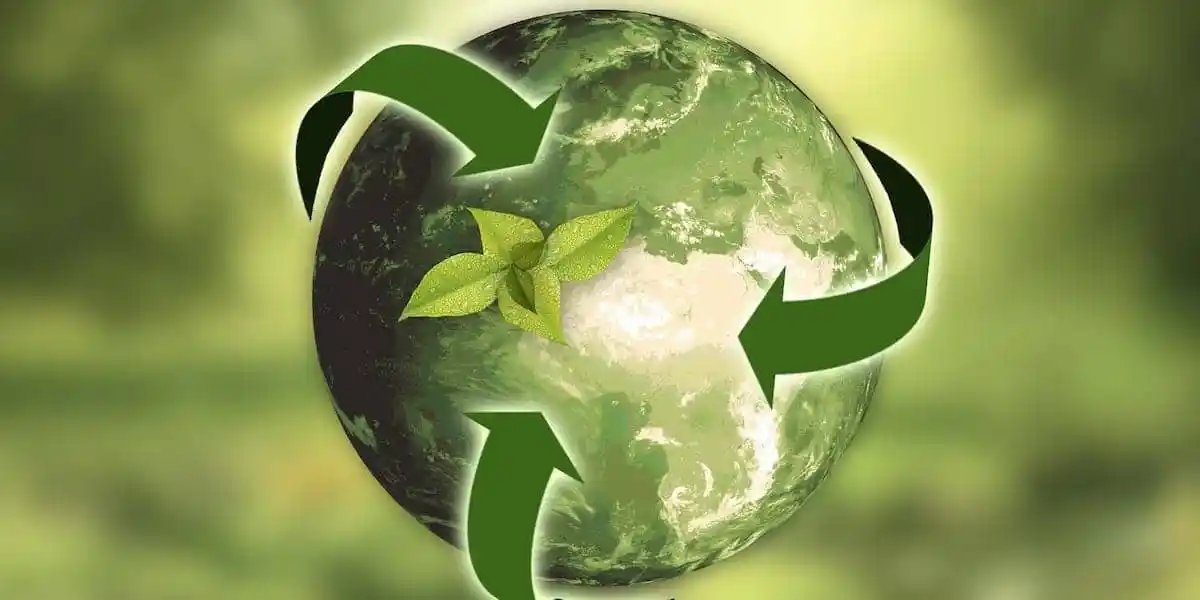Recycling is an essential aspect of modern society that offers numerous benefits to the environment, economy, and social well-being of the population. Recycling involves the collection, processing, and reuse of materials that would otherwise be discarded as waste. Recycling helps to conserve natural resources, reduce pollution, save energy, and create jobs. In this article, we will explore the benefits of recycling in greater detail and how it impacts our daily lives.
Conservation of Natural Resources
One of the most significant benefits of recycling is the conservation of natural resources. Recycling helps to preserve finite natural resources such as timber, water, and minerals. It reduces the need for new raw materials by reusing materials that would otherwise be discarded. For example, recycling paper can save trees, water, and energy. Recycling aluminum can save up to 95% of the energy required to produce new aluminum from raw materials. Recycling plastic conserves oil and gas, which are non-renewable resources.
Reduction of Pollution
Recycling also plays a vital role in reducing pollution and protecting the environment. Landfills and incinerators are the two primary methods for disposing of waste. Landfills can contaminate groundwater and soil with harmful chemicals and toxins. Incineration releases toxic gases and particulate matter into the air. Recycling diverts waste from landfills and incinerators, thereby reducing the amount of pollution they generate.
Energy Savings
Recycling offers significant energy savings compared to the production of new materials from raw materials. For example, the production of recycled aluminum requires only 5% of the energy required to produce new aluminum from bauxite ore. The production of recycled paper requires 60% less energy than the production of new paper. The energy saved by recycling can be used for other purposes or to reduce energy costs.

Creation of Jobs
Recycling also creates jobs in various sectors, including collection, processing, and manufacturing. Recycling generates more jobs than landfilling or incineration, with an estimated 10 to 20 jobs created for every 1,000 tons of waste recycled. Recycling also supports small businesses that specialize in the collection and processing of recyclable materials.
Reduction of Greenhouse Gas Emissions
Greenhouse gas emissions, primarily carbon dioxide, are a leading contributor to climate change. Recycling reduces greenhouse gas emissions by diverting waste from landfills and incinerators, which are significant sources of greenhouse gas emissions. Recycling also reduces the need to extract, transport, and process raw materials, which requires a significant amount of energy and generates greenhouse gas emissions.
Promotion of Sustainable Consumption
Recycling promotes sustainable consumption by encouraging individuals and businesses to reduce waste, reuse materials, and recycle. Sustainable consumption is a critical aspect of sustainable development, as it ensures that natural resources are used efficiently and effectively. Recycling helps to shift the focus from a linear economy to a circular economy, where resources are reused, recycled, and regenerated.
Improvement of Community Health
Recycling can also improve community health by reducing the amount of waste sent to landfills and incinerators. Landfills and incinerators can produce toxic pollutants that can harm human health, including air pollution, water pollution, and soil contamination. By reducing the amount of waste sent to landfills and incinerators, recycling can reduce the amount of pollution that affects communities, particularly those located near waste disposal sites.
Cost Savings
Recycling can also provide cost savings to individuals and businesses. Recycling can reduce waste disposal costs, which can be significant for businesses that generate large amounts of waste. Recycling can also reduce the cost of raw materials, as recycled materials are often less expensive than new materials. Additionally, recycling can reduce the need for new landfills and incinerators, which can be costly to build and maintain.

Conclusion
Recycling is a vital aspect of sustainable development that offers numerous benefits to the environment, economy, and society. It conserves natural resources, reduces pollution, saves energy, creates jobs, reduces greenhouse gas emissions, promotes sustainable consumption, improves community health, and provides cost savings. However, to fully realize these benefits, recycling requires a collective effort from individuals, businesses, and governments.

